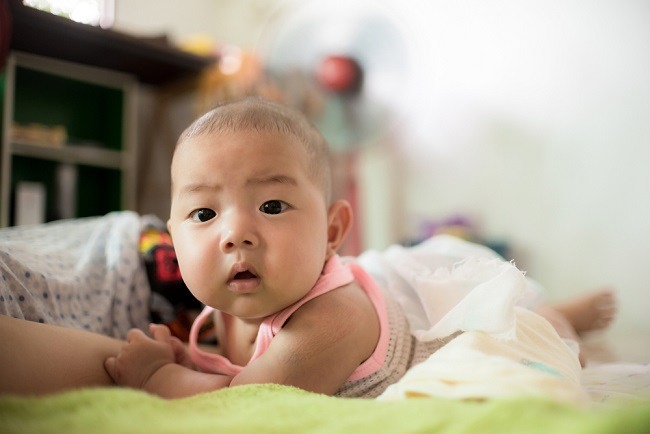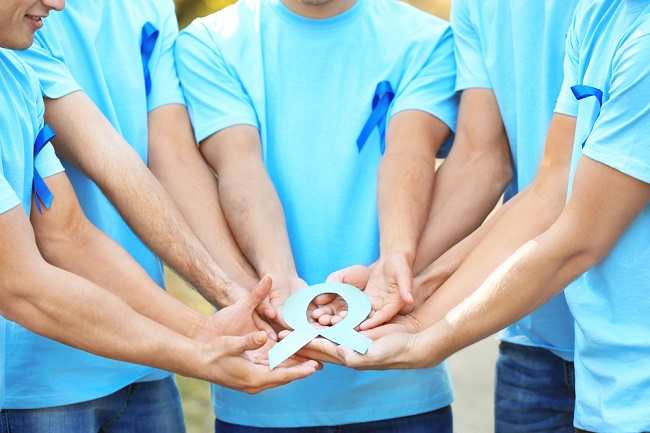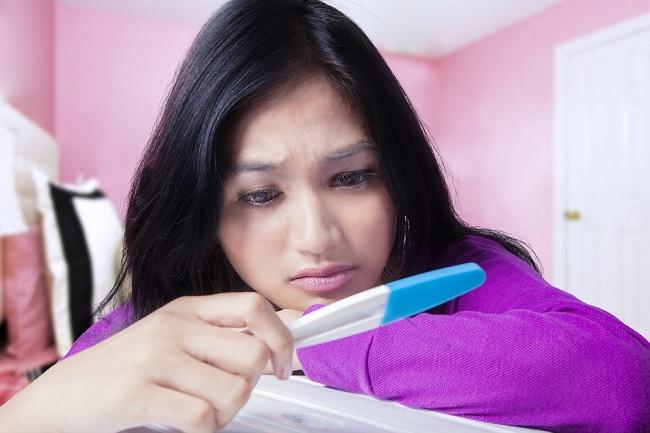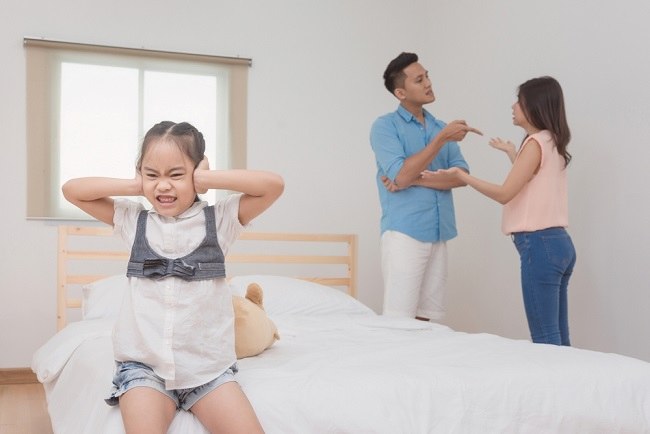Don't underestimate the effect violence against children.Gphysical disturbance and mental illness, drug abuse, to a decrease in the quality of life they can experience until they are adults, sometimes even for life.
Violence against children can be in the form of physical violence, sexual violence, psychological, verbal, exploitation, sale of children, to neglect or neglect of their welfare. This is vulnerable to occur at home, school, and in the community.

Based on data from the Ministry of Women's Empowerment and Child Protection in 2016, there were 6,820 cases of violence against children in Indonesia. Around 35% of them are in the form of sexual violence, in addition to physical violence (28%), psychological (23%), and child neglect (7%).
Negative Effects of Violence on Children
Child victims of violence not only have scars on their bodies, but also emotional scars, deviant behavior, and decreased brain function. Here are some of the effects of violence on children:
- Emotion
For example, children may become sad or angry more often, have trouble sleeping, have bad dreams, have low self-esteem, want to hurt themselves, or even have suicidal thoughts. They also find it difficult to interact with other people and tend to act dangerously.
- Decreased brain function
The effects of violence on children can also affect the structure and development of the brain, resulting in a decrease in brain function in certain parts. This has the potential to have long-term effects, ranging from decreased academic achievement to mental health disorders in adulthood.
- Tnot easy to trust other peopleChild victims of violence feel bad experiences in terms of abuse of trust and sense of security. When they grow up, they will find it difficult to trust others.
- Difficult maintain personal relationship
The experience of being a victim of child abuse can make it difficult for them to trust others, get jealous easily, feel suspicious, or find it difficult to maintain personal relationships for long periods of time because of fear. This condition risks making them feel lonely. Research shows that many victims of child abuse fail to develop romantic relationships and marriages as adults.
- Have a higher risk of health problemsThe effects of violence on children can also affect the health and development of children. Victims of child abuse are at higher risk of developing health problems, both psychologically and physically, when they grow up.
Trauma due to violence in children can increase a person's risk of experiencing asthma, depression, coronary heart disease, stroke, diabetes, obesity, to the tendency to consume excess alcohol and use drugs. One study noted a high prevalence of suicide attempts in adults who had been victims of child abuse.
- Being a perpetrator of violence against children or other people
When children who are victims of violence become parents or caregivers, they run the risk of doing the same to their children. This cycle can continue if you don't get the right treatment to deal with the trauma.
In addition, there are also other risks for victims of child abuse as they grow older, such as depression, eating disorders, panic attacks, suicidal ideation, post-traumatic stress disorder (PTSD), and a lower quality of life. Men who have experienced domestic violence as a child are also more likely to develop depression after becoming a father.
No matter how long the traumatic experience has passed, the effects of violence on children will cause ongoing disturbances if not treated properly. It is important for victims of child abuse to get help from a psychologist or psychiatrist to cope with the long-term effects.









